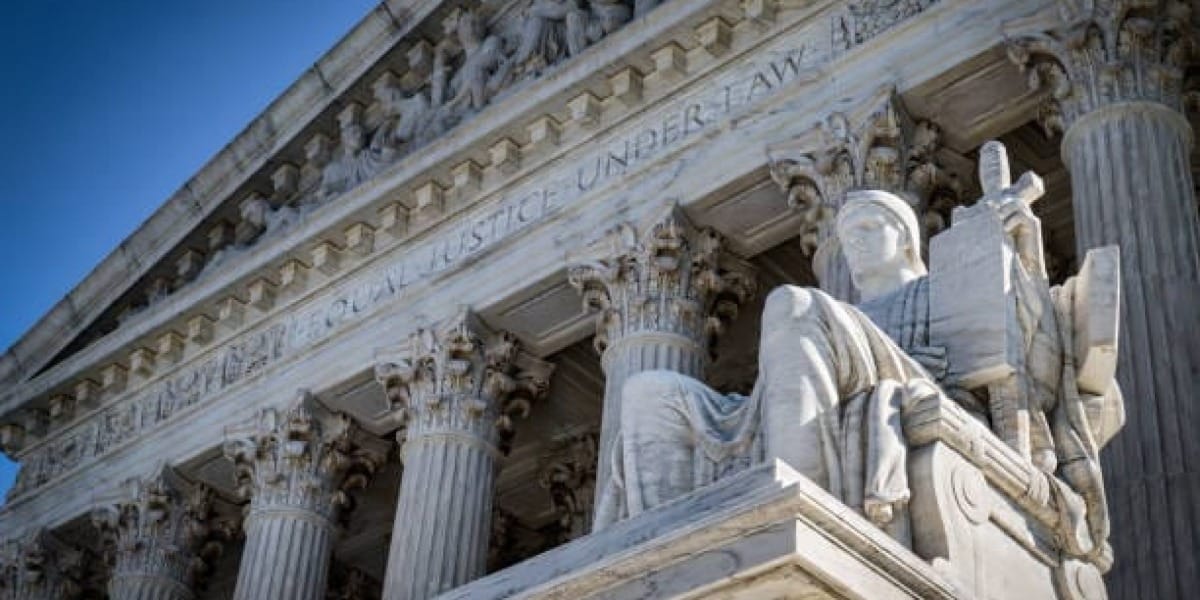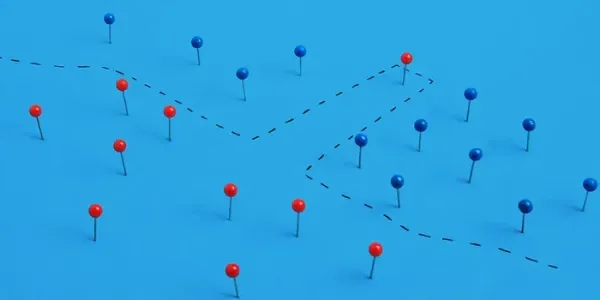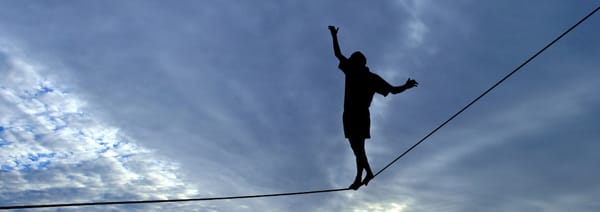The Supreme Court as culturemaker
The highest court in the land not only decides our most fundamental constitutional questions, their power to choose which cases they hear at all fundamentally shapes our civic culture and discourse in largely silent ways.

The first lawsuit attempting to constrain President Trump's presidential crime spree of reshaping of the Federal government by fiat and coercion reached the Supreme Court late Sunday. The Trump Administration made an emergency application to vacate the district courts injunction stopping them from firing the head of the Office of Special Counsel – an independent agency charged with safeguarding government whistle-blowers and enforcing certain ethics laws (not the part of the Justice Department that hosts special counsels). The law designates that the head may only be terminated for "inefficiency, neglect of duty or malfeasance in office" which is common language used across multiple agencies meant to be more protected from political sway and that's been reinforced by precedent going back to FDR firing an FTC commissioner without adequate cause in 1935. At issue here is whether Congress has the constitutional authority to set the terms by which agency heads may be terminated and thereby limit President's "unrestricted power of removal" with respect to "executive officers of the United States whom [the President] has appointed." The Trump Administration argues in their application to vacate that this power a conclusive and preclusive authority granted under Article II (citing the Trump v United States presidential immunity case and essentially leaning into the unitary executive theory) and that Congress constraining it is a breach of separation of powers.
The Supreme Court represents the pinnacle of our judicial system with broad and transformative power in this country. And in a moment of extreme uncertainty about the nature of executive power, the Court is about to be confronted by a series of cases about the balance of power between executive and legislative branches – and by doing so of their own judicial power. The Supreme Court chooses the vast majority of the cases it hears from the over 7,000 petitions for writs of certiorari it receives each year. That is about a 2% acceptance rate. Let me say that again: the Supreme Court decides to decide about about 2% of the cases that it is asked to decide each year. This very specific power of choice is in and of itself a massive exercise of power from the perspective of jurisprudence. But because the cases selected have so much potential to define American civic life (and the ones that are denied hearing tend to disappear from view), the Supreme Court is also exercising a profound cultural power to determine the nature of civic discourse, to frame how we think about some of our most fundamental questions, and to determine which questions we consider at all.
A flood of lawsuits and appealed injunctions from this Trump Administration's flurry of executive orders and lawlessly haphazard behavior are headed toward the Court. They are all about presidential powers in one way or another. But which cases the Court picks and in which order they hear them (because each one has the potential to reinforce or overrule precedent for the next) matters. There have been very few cases in our entire history that define Article II of the Constitution (the powers of the presidency). This Court is about to make a series of decisions to clarify and interpret these aspects of the Constitution in ways that it has not since President Jackson. Much of the constraints on the presidency that have up to now been defined by assumptions about tradition, ethical guardrails, and moral leadership are clearly insufficient to the moment as President Trump intentionally and consciously pushes the boundaries of executive power. And in a country tilting toward oligarchical kakistocracy, the structural and legal impediments on the imperial presidency – rather than ethical and moral ones – have never been more important to consider deeply and to embrace carefully.
Because the Supreme Court chooses the cases it hears, the fact patterns and questions of law in those cases set the future terms of future debates, too. Reframing conversions is hard culture-making work and can take generations to undo (see the Prolife or 2A movements). Consciously or unconsciously, these nine people (or the four who opt to select a case) are going to shape not only the law around presidential power but also our entire cultural debate around the small "d" democratic pillar of the rule of law for the next generation. Right now our culture around the rule of law is weak at best and under constant fire from not only the careless lawlessness of this administration but also smaller-scale, subtler forms of selective enforcement and refusal to abide by rules. The cases coming the Court's way will define both the nature and debate of executive powers for decade to come. How much authority and what kinds do we want our President to have? What constraints are healthy? What powers do we even consider legal versus ethical?
How we govern and how we reform how we govern are practices that we must use with care and transform with care even in the face of abuse. And these choices and the cultures these choices give rise to need to be shared broadly across American society for us to be able to have consistent healthy relationships with others. What assumptions can we make about the rule of law in government and rule-following in society? These questions are about to be framed by the choices of which cases the Court hears and then decided and defined by an institution with less credibility and trust across society since Watergate. Tricky no question, but the debate matters deeply. And the debate about the debate – who decides what we're going to attend to, confront, consider – needs our attention, too.
Last updated: 19 Feb 2025




